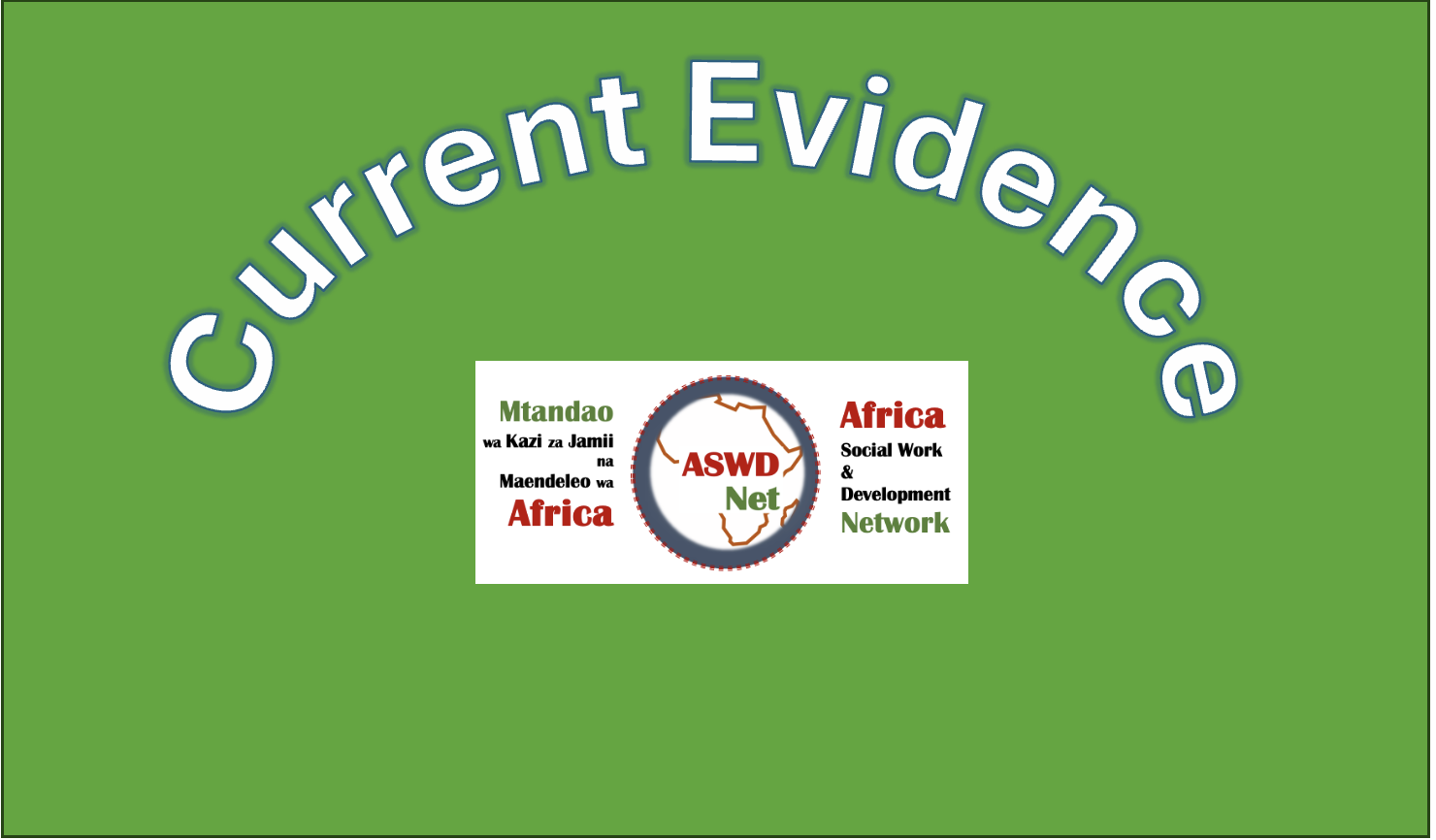
Restorative learning for fostering a decolonised curriculum
The restorative learning model supported by these researchers from South Africa originates from Ndlovu-Gatsheni who said “You need to unlearn that one geographical space in the world cannot be teacher of the world. And then relearn that all human beings are born to valid and legitimate
knowledge.” Key elements of the restorative learning model are:
- Decolonising curricula, i.e. learning outcomes (why we teach), pedagogy, content and assessments.
- Decolonising pedagogy, i.e. transforming how we teach.
- Decolonising content, i.e. what we teach
- Decolonising teachers through unlearning and relearning
- Decolonising assessments, i.e., how we evaluate learning
- Using decolonised languages
- Using decolonised philosophy
- Using African history
- Developing decolonised policies
- Decolonising graduations, i.e. graduation attire, process, songs etc
- Decolonising literature i.e. books, biographies, encyclopedia, dictionaries, research, media etc
- Decolonising the learning environment e.g. infrastructure, statues, names of buildings etc
Readings
Omanga, D. (2020). Decolonization, decoloniality, and the future of African studies: A
conversation with Dr. Sabelo Ndlovu-Gatsheni. https://items.ssrc.org/from-ourprograms/decolonization-decoloniality-and-the-future-of-african-studies-aconversation-with-dr-sabelo-ndlovu-gatsheni/
Simmonds S and Ajani OA (2022). Restorative learning for fostering a decolonised curriculum attuned to sustainable teacher education. Journal of Education (Durban), 88, 145-158. https://doi.org/10.17159/2520-9868/i88a09
Use the form below to subscibe to Owia Bulletin.
Discover more from Africa Social Work & Development Network | Mtandao waKazi zaJamii naMaendeleo waAfrika
Subscribe to get the latest posts sent to your email.


